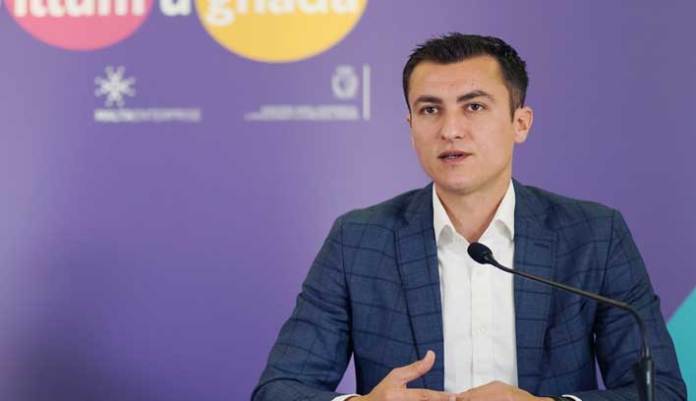
“The government has made all the necessary reforms and changes, not just for this year’s Moneyval evaluation but also the one before it,” Economy Minister Silvio Schembri told The Malta Independent.
“As a government, we are doing everything necessary to pass the Moneyval test, and we have finalised all the recommendations and requests from the entity, and now we must wait for the outcome.”
This month is the deadline for Malta to implement Moneyval’s 58 recommendations for bolstering its campaign against financial crime to avoid inclusion on the group’s ‘grey list’ of high-risk jurisdictions. Back in September, Moneyval, a monitoring body of the Council of Europe, stated that Malta remains highly exposed to illicit finance but lacks the resources and infrastructure required to prosecute and seize assets from money launders and the criminals they serve. If Malta fails the upcoming test, it could end up in the Financial Action Task Force’s (FATF) grey list, which would make the country unattractive to foreign investment. People in the financial services industry say this would have disastrous consequences on the economy in general.
Prime Minister Robert Abela and Finance Minister Edward Scicluna have both have downplayed the risk of Malta ending up on the grey list. This newsroom asked Economy Minister Silvio Schembri whether he believes Malta will pass the Moneyval report.
“From our end we have dedicated all the necessary resources to make sure all the reforms and important structural changes have taken place.” He explained that the government not only worked on this year’s Moneyval report, but also on recommendations from the previous report, which was published back in 2012, where not all recommendations were worked on. We did everything possible and worked on these recommendations and those from the previous report.”
When asked why numerous entities have criticised the government and believe that Malta will end up being grey listed, Schembri brushed off the comment stating that people are free to their opinions in a democratic country.
“You ask me if I think the country will be grey listed, I think not, but it is also important to see what is happening on a larger international scale, where huge international crises are happening regarding financial transitions.”
He said that in other countries, their own members of European Parliament do not ask for investigations on their own country. “Unfortunately, in Malta we enjoy punishing ourselves and this is the result we have now. Of course, I am not happy that we have Maltese individuals who enjoy punishing their country. It is not a question of being traitors, but it is important that we see what our colleagues are doing to our country.”




































